Urban Retreats: Bringing Peace And Calm To Busy City Lives
In today's fast-paced world, urban life often comes with a relentless pace that can feel overwhelming. The constant hustle and bustle, the noise of traffic, and the demands of work can take a toll on mental health and well-being. However, as cities continue to grow, so does the recognition of the need for spaces that offer tranquillity and peace. Urban retreats are becoming increasingly popular as a response to this growing need. These sanctuaries, nestled within the chaos of city life, allow individuals to pause, recharge, and reconnect with themselves.
The Concept Of Urban Retreats
Urban retreats are spaces designed to promote relaxation and mindfulness in the heart of busy cities. Unlike traditional retreats, which are often located in remote areas far from urban centres, these urban sanctuaries are integrated into the fabric of city life. They can take many forms, including wellness centres, meditation studios, parks, gardens, or even cafes prioritising tranquillity and mindfulness. These spaces aim to create an oasis of calm where individuals can escape the stresses of city living, even for a short while.
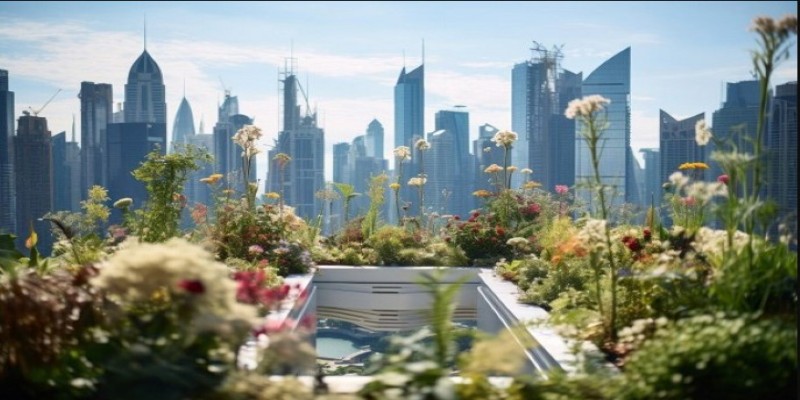
The rise of urban retreats reflects a broader cultural shift toward self-care and mental health awareness. People increasingly recognize the importance of taking time for themselves and finding moments of peace in their daily routines. This shift has led to a surge in creating spaces that encourage relaxation, reflection, and personal growth.
The Role Of Nature In Urban Retreats
One key element that defines urban retreats is their connection to nature. Studies have shown that exposure to nature can significantly improve mental well-being, reducing stress and anxiety levels. Urban retreats often incorporate natural elements through landscaping, water features, or indoor plants. For instance, rooftop gardens and green walls have become popular in urban design, providing city dwellers a glimpse of nature amidst concrete surroundings.
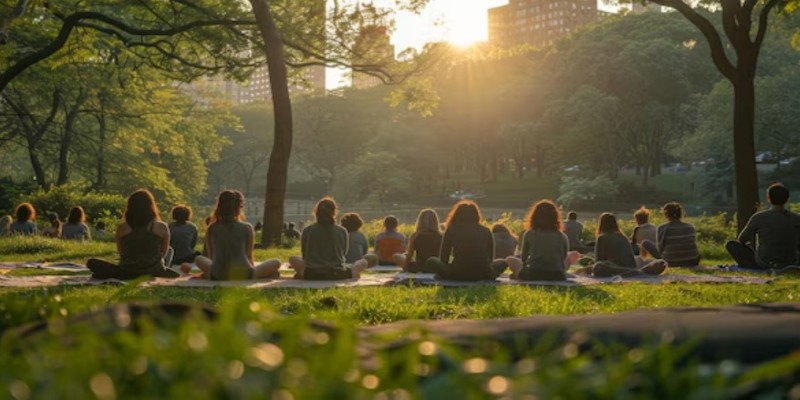
Parks and community gardens also play a vital role in urban retreats. These green spaces offer a place for city residents to unwind, walk, or engage in outdoor activities. Urban parks remind us of the importance of nature in our lives and provide opportunities for individuals to connect with their environment, promoting a sense of peace and calm.
Wellness Centers And Mindfulness Studios
Another aspect of urban retreats is the emergence of wellness centres and mindfulness studios that cater specifically to the needs of city dwellers. These spaces offer various services to promote relaxation and well-being, such as yoga classes, meditation sessions, and wellness workshops. Many of these centres focus on creating a serene atmosphere, with calming decor, soft lighting, and soothing sounds that enhance the overall experience.
Wellness centres often emphasize holistic approaches to health, incorporating elements like aromatherapy, sound healing, and nutrition guidance. These practices encourage individuals to take a more comprehensive view of their well-being, addressing health's physical and mental aspects. By providing a supportive environment for self-care, these urban retreats empower individuals to take control of their health and well-being.
Cafes And Spaces For Reflection
In addition to wellness centres, many cities have seen the rise of cafes and communal spaces designed for relaxation and reflection. These venues often prioritize a calm atmosphere, offering comfortable seating, soft music, and healthy food options. They serve as a gathering place for individuals looking to escape the busyness of city life, whether for a quiet moment alone with a book or a peaceful chat with friends.
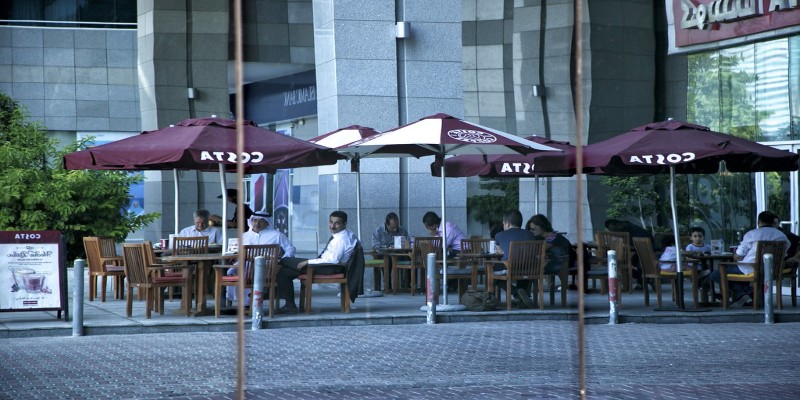
Cafes focusing on mindfulness practices, such as silent eating or tech-free zones, encourage patrons to slow down and be present. This shift toward mindful dining reflects a broader cultural trend of prioritizing quality over quantity in our interactions and experiences. By creating spaces that encourage thoughtful engagement, these cafes contribute to the overall sense of calm that urban retreats aim to foster.
The Importance Of Community In Urban Retreats
Community plays a crucial role in the effectiveness of urban retreats. These spaces not only provide individuals with a place to relax, but they also foster connections among like-minded people. Whether through group classes, workshops, or community events, urban retreats often emphasize the importance of building relationships and support networks.
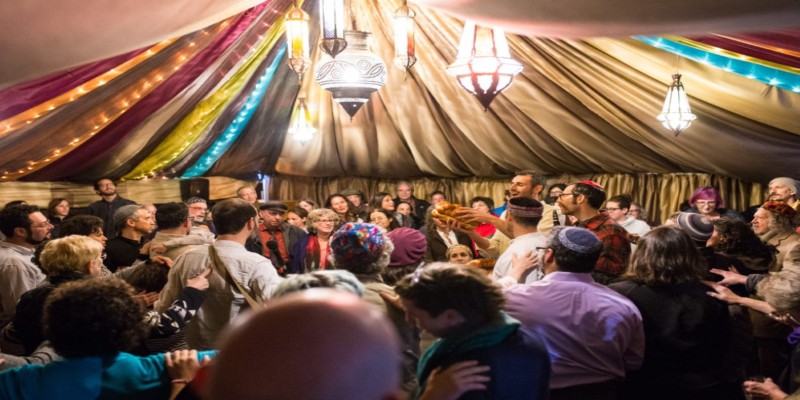
The social aspect of urban retreats can enhance their effectiveness, as individuals find comfort and encouragement in shared experiences. This sense of belonging can be precious in the often-isolated environment of city life, where people may struggle to form meaningful connections. By creating spaces that facilitate community engagement, urban retreats contribute to the overall mental well-being of city residents.
Challenges And Considerations
While the rise of urban retreats is a positive development, there are challenges to consider. Urban spaces are often expensive; creating and maintaining these retreats can be significant. Additionally, gentrification can impact the availability of green spaces and wellness centres, making it more difficult for low-income residents to access these resources.
City planners and community leaders must ensure that urban retreats are inclusive and accessible to all residents. This may involve creating programs that provide affordable wellness services or ensuring that green spaces are available in underserved neighbourhoods. By addressing these challenges, cities can promote a culture of well-being that benefits everyone.
The Future Of Urban Retreats
Looking ahead, the future of urban retreats seems promising. As awareness of mental health and self-care continues to grow, cities will likely see an increase in the number and variety of spaces dedicated to relaxation and well-being. Innovations in urban design, such as incorporating more green spaces and sustainable practices, will also play a significant role in shaping the future of these retreats.
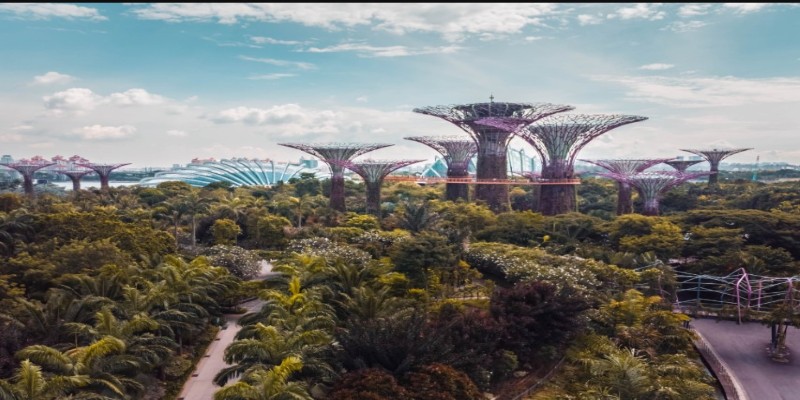
Moreover, the ongoing development of technology can enhance the urban retreat experience. For example, virtual reality meditation sessions or wellness apps that guide individuals through relaxation techniques may complement traditional retreat practices. These advancements could give city dwellers more opportunities to prioritize their well-being.
Conclusion
Urban retreats offer a much-needed respite for individuals navigating the challenges of city life. By creating spaces that promote relaxation, mindfulness, and community connection, these retreats provide an essential service for urban residents. As cities evolve, integrating nature, wellness practices, and community engagement will be critical in fostering a culture of well-being. Urban retreats not only enhance individual mental health but also contribute to our cities' overall vibrancy and livability. In a chaotic world, these serene sanctuaries remind us of the importance of taking a step back, breathing, and reconnecting with ourselves and our surroundings.





